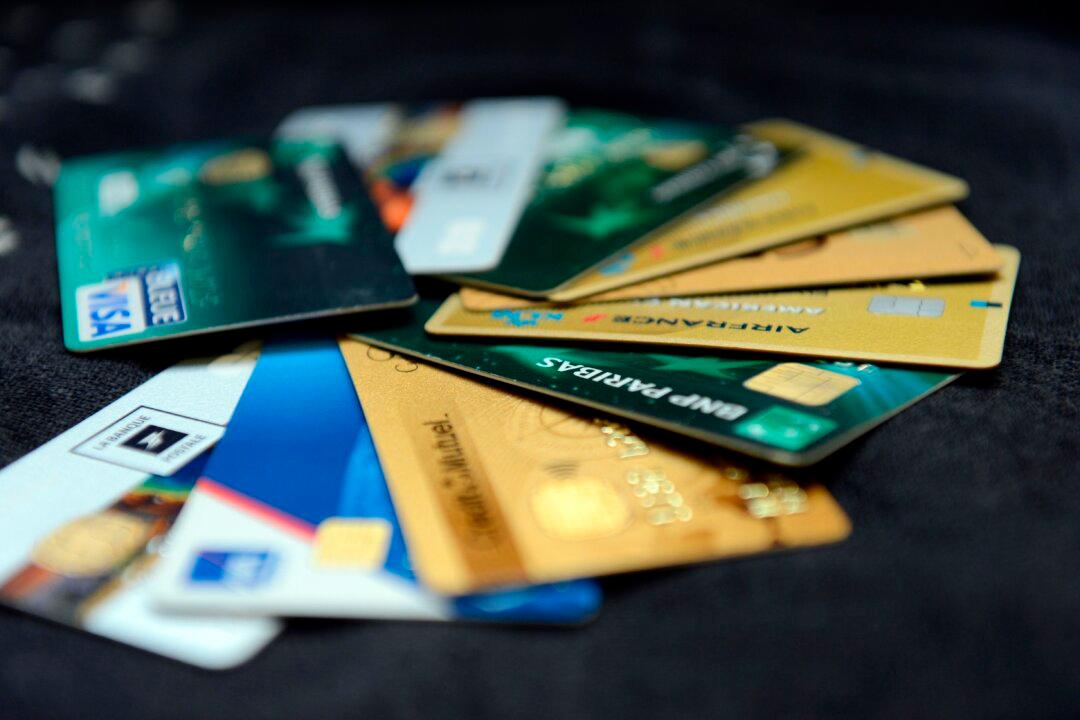One night, a decade ago, I was on a sales trip. My wife called me up to complain about the $1,700 dinner that I had enjoyed in Bangkok. Of course she was mostly concerned because she knew that I was in Washington, DC, not Thailand.
A copy of my credit card had made it there, however. The next day, someone using my fake card also tried to buy over $2,000 in antiques in Singapore. Fortunately, the credit-card folks were on top of the situation and my only real inconvenience was waiting a few days for a new credit card to show up.





